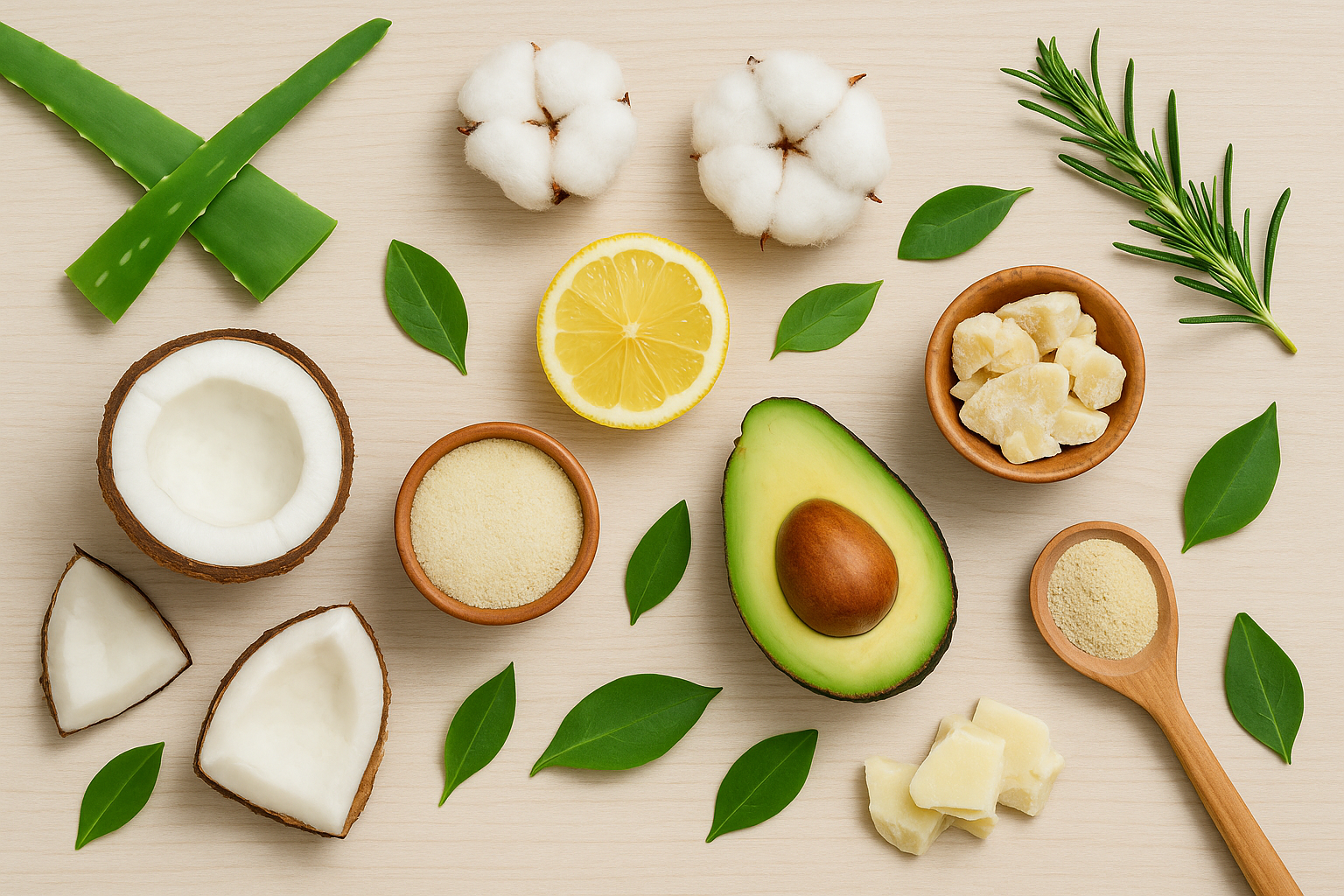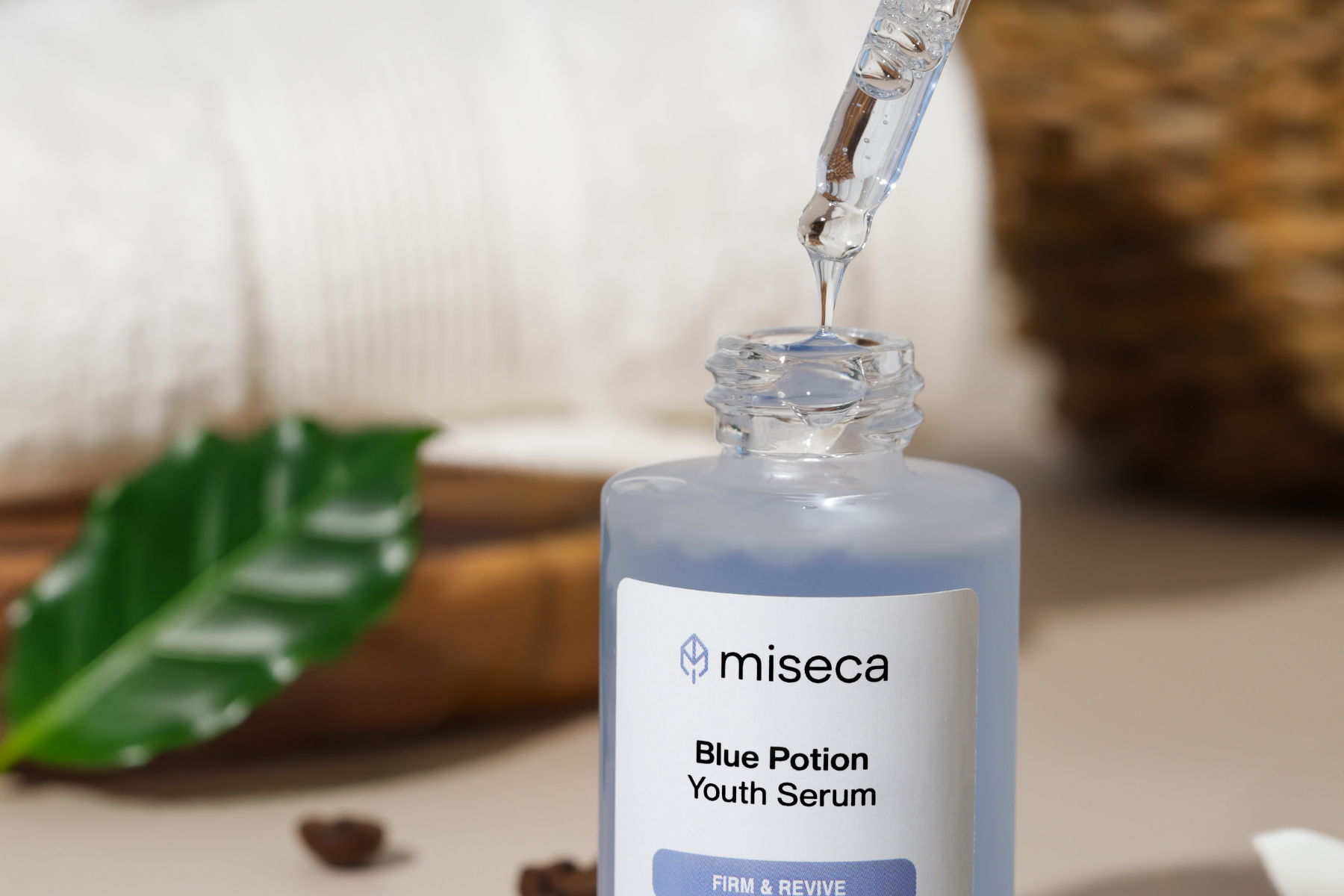Nowadays, many people are turning to chemical-free, clean, and natural cosmetic products. So, what are the most frequently asked questions about natural cosmetics? We asked ChatGPT, and here are 10 frequently asked questions and their answers:
1) Is the “natural” product really “chemical-free”?
No. Even water is a chemical. "Natural" indicates that the product is composed primarily of plant-based or mineral-based raw materials and limits certain synthetic ingredients. So, "natural" essentially means a clean ingredients philosophy .
2) How do I read the label?
Quick checklist:
-
The contents are sorted from high to low.
-
The first 5 ingredients are the backbone of the formula.
-
Some ingredients are effective even in small amounts; they may be present in the end.
-
Perfume/allergen: If present, check if it is of natural origin.
-
Packaging: must be glass and recyclable.
-
Origin and transparency: the raw material story gives confidence, buy directly from the producer if possible.
-
Storage conditions: Products with natural ingredients require extra care.
3) What ingredients should I avoid?
When shopping for natural cosmetics , try to avoid the following ingredients:
-
Sulfates ( Sodium Lauryl Sulfate , Sodium Laureth Sulfate , Sodium Coco Sulfate )
-
Petrochemicals (petroleum jelly, paraffin, mineral oil)
-
Silicon derivatives
-
Synthetic dyes and fragrances
-
Aluminum salts
-
Old generation chemical filters ( Benzophenone etc.)
4) Are preservatives necessary in natural products?
Yes. Products containing water require preservatives for microbial safety. Modern, mild preservatives (e.g., combinations of Phenetyl Alcohol and Caprylyl Glycol ) are safe at the correct doses and minimize sensitivity.
Paraben derivatives and Phenoxyethanol are generally not used in natural cosmetic products.
5) Are natural, naturally sourced and organic cosmetics the same thing?
These terms are often confused:
-
Natural: Contains raw materials that have not been directly processed (e.g. rose water, rosehip seed oil).
-
Natural origin: Ingredients that come from nature but have been functionalized through simple processes (e.g. triglycerides obtained from coconut).
-
Organic: Contains a certain percentage of ingredients from organic farming and is certified by institutions such as COSMOS or Ecocert .
6) Are natural products really effective?
Yes! 🌿 Plant extracts, cold-pressed oils, vitamins, and botanical active ingredients, when used correctly and regularly, strengthen the skin barrier, retain moisture, and improve skin's appearance. The key is to establish a healthy care routine and avoid expecting immediate results.
7) Do natural products cause allergies?
It can. Natural doesn't mean allergy-free. Products without essential oils may be safer for sensitive skin. You should first try new products with a 24–48-hour patch test on the inside of your elbow or jawline .
8) Can natural cosmetics be used during pregnancy/breastfeeding?
Plain, fragrance-free formulas are generally recommended. Highly concentrated active ingredients and some essential oils may be limited. Retinol derivatives, in particular, are not recommended. In all cases, you should consult your doctor or pharmacist.
9) Are natural cosmetics suitable for children?
Gentle cleansers, natural moisturizers, and sunscreens with mineral filters may be your first choice. However, be sure to choose products with simple ingredients and be sure to do an allergy test before use .
10) Why are natural cosmetics more expensive?
Using high-quality raw materials and small-scale production are costly. This is why natural cosmetics are often priced higher. However, because concentrated formulas are effective with small amounts, the cost per use offsets the cost in the long run. You're also investing in your skin and health.
In conclusion;
Natural cosmetic products offer a friendly approach to both your skin and the environment.
Learning to read labels, choosing the right ingredients, and performing regular maintenance are the most important steps in this process.


